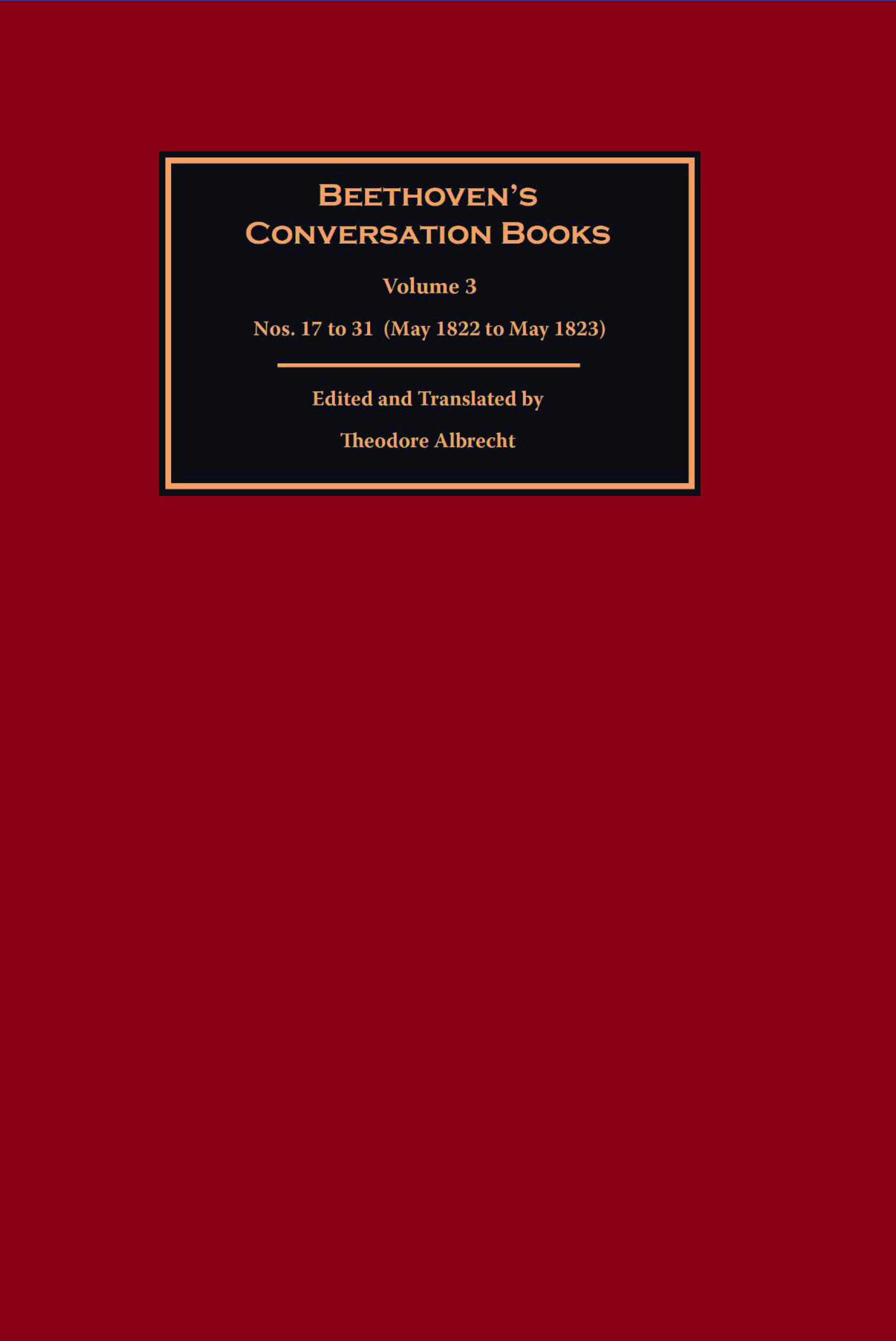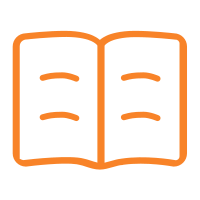- 中图分类号: I3/7
- 语种: ENG
- 出版信息: Boydell & Brewer Ltd 2020 460页
- EISBN: 9781787449022
- PISBN-H:9781783271528
- 原文访问地址:
KG评星
知识图谱评星,是一种基于用户使用的评价体系,综合图书的评论数量、引文数量、Amazon评分以及图谱网络中节点的PageRank值(即考虑相邻节点数量和重要性)等多种因素计算而得出的评价数值。星级越高,推荐值越高。CAT核心级
核心学术资源(CAR)项目作为教图公司推出的一项知识型服务,旨在打造一套科学、有效的图书评价体系,并协助用户制定相应的馆藏建设方案。CAR项目调查和分析12所世界一流大学的藏书数据,以收藏学校的数量确定书目的核心级,核心级越高,代表书目的馆藏价值越高。选取核心级在三级以上,即三校以上共藏的图书作为核心书目(CAT)。Ludwig van Beethoven (1770-1827) is recognized the world over as a composer of musical masterpieces exhibiting heroic strength, particularly in the face of his increasing deafness from ca. 1798. By 1818, the Viennese composer hadbegun carrying blank booklets with him, for his acquaintances to jot their sides of conversations, while he answered aloud. Often, he himself used the pocket-sized booklets to make shopping lists and other reminders, including occasional early sketches for his compositions. Today, 139 of these booklets survive, covering the years 1818 up to the composer's death in 1827 and including such topics as music, history, politics, art, literature, theatre, religion, and education as perceived on a day-to-day basis in post-Napoleonic Europe. An East German edition, begun in the 1960s and essentially complete by 2001, represents a diplomatic transcription of these documents. It is a masterpiece of pure scholarship but is difficult to use for anyone who is not a specialist. Moreover, Beethoven scholarship has moved on significantly since the long-ranging genesis of the German edition. These important booklets arehere translated into English in their entirety for the first time. The volumes in this series include an updated editorial apparatus, with revised and expanded notes and many new footnotes exclusive to this edition, and brand newintroductions, which together place many of the quickly changing conversational topics into context. Due to the editor's many years of research in Vienna, his acquaintance with its history and topography, as well as his familiarity with obscure documentary resources, this edition represents an entirely new venture in source studies - vitally informative for scholars not only in music but also in a wide variety of disciplines. At the same time, these oftenlively and compelling conversations are now finally accessible for the English-speaking music lover or history buff who might want to dip into them and hear what Beethoven and his friends were discussing at the next table. THEODORE ALBRECHT is Professor of Musicology at Kent State University, Ohio.







 京公网安备 11010602104826号
京公网安备 11010602104826号
